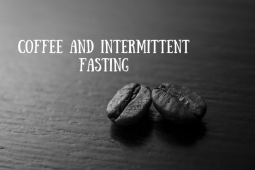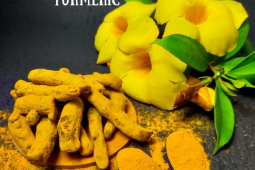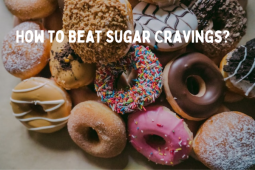Fruit Juices are Officially Poison
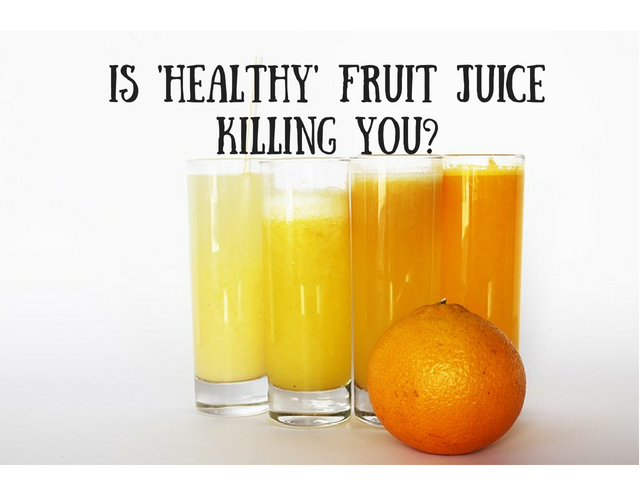
If You Thought That Glass of Orange Juice Was Healthy, it is Time to Think Again
I set out to look at the pros and cons of processed fruit juices for this article. The type you buy in a carton. It turns out that the debate is already resolved. I’m not just talking about those ‘clickbait’ type articles on popular magazine sites either. Medical professionals from the UK, US and around the world have sided with the science – and the science is very clear:
Fruit juices are not just bad for you, they are poison.
This page covers the topic in-depth, breaking things down as follows:
- How Processed Fruit Juices are Made
- Sugar Content (this part will raise some eyebrows!)
- Vitamins and Minerals, traces of ‘healthy’ ingredients
- Other drinks which are loaded with sugar
- What to drink instead, for maximum results
How Processed Fruit Juices are Made
When you see a carton of orange juice on the supermarket shelves, it is likely to claim ‘100% Juice’.
This is true, though it does not explain the processes which that raw fruit juice underwent before it reached you. This is stored in huge vats, with the oxygen removed for up to a year before being put into a carton. This alone challenges the notion of ‘Fresh’ on many bottles.
Once it is reprocessed, it is mixed with water and sugar – a lot of sugar, and flavourings (these are often concentrated from real oranges or apples, and are needed since the raw juice is depleted of natural flavour). You will find many products with preservatives added.
There are still vitamins and minerals, though compared to the levels found in real fruit – we are talking trace.
What you thought of as ‘Pure Orange Juice’ is sugar water, based on flavours made from the fruit.
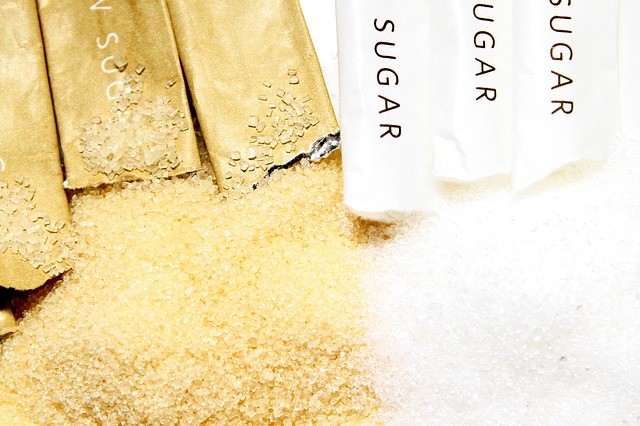
Huge Sugar Content
Many people would never drink excessive amounts of pop. Sure, most people enjoy the occasional glass of coke. My guess is that if you do drink this, you are aware of the huge sugar content – and keep things moderate to avoid weight gain.
Fewer people know that that morning glass of orange juice contains as much or even more sugar than super-sweet pop drinks.
We are talking up to 10 teaspoons full of sugar per glass.
Just imagine spooning 10 teaspoons of sugar into your mouth, one after the other.
Yet, people still insist that fruit juices are healthy!
What Excess Sugar Does to Your Body
Let’s take a look at how this sugar is processed by your body.
First, a quick mention for your teeth – which are most certainly suffering.
When it hits your blood stream in high quantities, your pancreas detects an emergency situation. Insulin is released, in an attempt to process all this excess sugar. This will lead to the well-known sugar crash, as excess insulin needs to be broken down.
You will rarely be able to metabolise all the sugar. Your so-called healthy drink will be quickly turned in to glycerol, the bodies fuel – and excess will be stored. Those hard to shift fatty deposits which group around your waist, buttocks and thighs are the result.
Risks of Excessive Sugar Intake
Excess sugar is linked many chronic health issues, here is just a sample – along with links to the medical science:
- Diabetes (21% increase in risk in one major BMJ study)
- Cancer (this page from Cancer research highlights the good side of sugar, though warns how excess sugar is linked to 13 types of cancer)
- Heart Disease (this post from Harvard University highlights that not only overweight people are at risk of heart disease when consuming too much sugar)
With the amount of medical evidence available, it is a wonder that people still consume excess sugar at all!
Pulpy, vitamin added and drinks that include mixed fruits are no better.
Next time you crave fruit juice, think of all that sugar, and find an alternate drink instead.
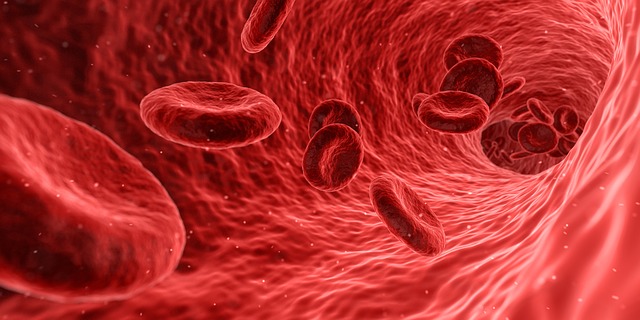
Health Benefits of Fruit Juices
Now for the other side of the argument. Many people continue to consume fruit juice, even though they are aware of the massive sugar content.
Their argument is that this is healthy, due to vitamin and mineral content.
Here is a list of what you will find in a typical glass of orange juice.
- Vitamin C
- Vitamin B1
- Folate
- Potassium
- Traces of other antioxidants
Sure, these are all needed as part of a balanced, healthy diet.
What you might not be aware of is that the levels of all of them are shockingly low compared to fresh fruit. Even the largest ingredient, Vitamin C, only provides a fraction of your recommended daily allowance per 100ml.
You’d have to consume the equivalent of 30 teaspoons of sugar to get close!
Other juices including apple, cranberry, pear and pineapple have similar profiles.
You’ll get plenty of vitamins and minerals from a balanced diet. One piece of fruit per day, along with vegetables will provide almost everything you need. If you are really worried about vitamin C, then why not grab a bottle of pills from your local chemist instead
Other Drinks with Nightmare Levels of Sugar
It is not only orange juice and the like which contain huge amounts of sugar. Many other drinks which you consider healthy also have a poison-pill.
Bad news for fans of gin… Tonic water is up there on the list. This does contain quinine, which wards off malaria mosquitos, though it comes with 9 grams of sugar per in a 100ml (almost 2 teaspoons). A can of Gordon’s Gin and Tonic (250ml) will provide you with 14g of sugar.
Squash type drinks, including one made by a popular blackcurrant drink maker, are also sugar horror stories. A typical 200ml carton that you might pack into a kid’s lunchbox contains 20 grams of sugar (that is 4 full teaspoons). Think sports drinks are better – nope – Gatorade orange (for just one example) has that same 20g of sugar per 500ml bottle.
Many people choose healthy ‘smoothies’. These are anything but healthy… a 200ml glass of a popular brand contains an excessive 21g of sugar.
Energy drinks are sugar bombs. In the UK you’ll have regular sugar + caffeine as the main ingredients. Over in the US, these drinks include sugar, taurine and caffeine. This makes them a lot more dangerous (or beneficial, depending on your perspective).
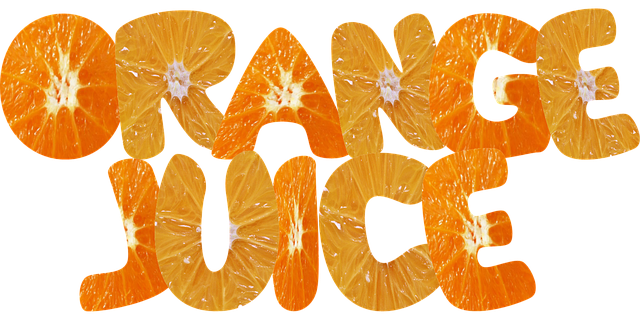
Love Fruit Juice? Here is What to Do Instead?
If you love fruit juice, then the best investment you can make is a juicer. This need not be a big or flashy automated model. A hand-held device will do. You wake up, squeeze a few oranges and enjoy a drink with is way healthier and genuinely fresh too.
You can now buy these from coffee shops. Make sure you see the machine to ensure you are not getting a processed juice.
Me? I love coffee (without sugar), and fresh cold water.
Fruit and veg are needed for a healthy, balanced diet.
I hope that after reading this page you are aware that processed fruit juices are as far away from a healthy option as possible.
More Food and Fitness Articles: –
